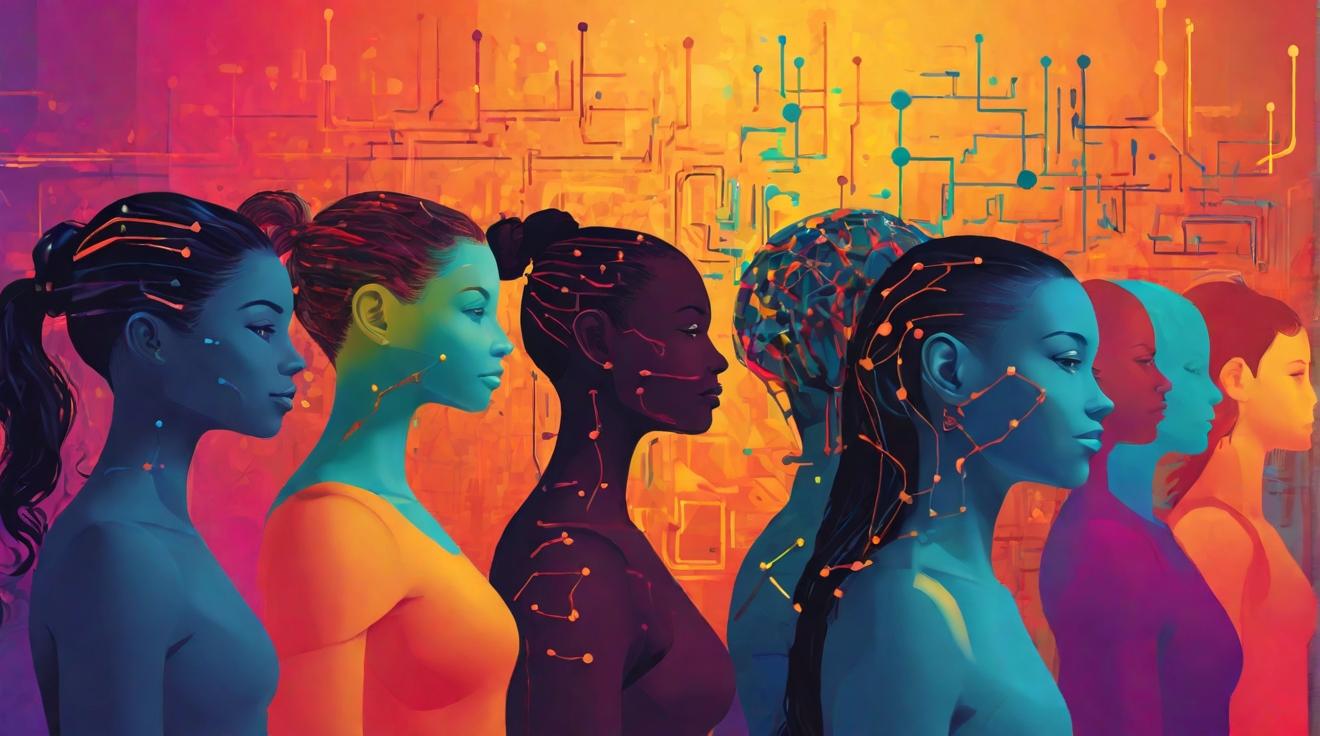The Growing Necessity for Cultural Diversity in Artificial Intelligence Training
In the swiftly evolving landscape of technology, artificial intelligence (AI) and its subset, large language models (LLMs) like OpenAI's ChatGPT, are at the vanguard, revolutionizing work, education, and society alike. With millions of users worldwide, the impact of these AI technologies is profound, yet a critical issue surfaces as these models primarily engage with English text, predominantly shaped by North American perspectives. This inherent bias risks eroding the rich tapestry of global cultural nuances, emphasizing the urgency for integrating culturally diverse datasets in AI training.
Addressing Cultural Bias in AI: A Critical Overview
AI's reliance on predominantly English, U.S.-centric datasets has led to a skewed understanding of the world. Instances such as ChatGPT misinterpreting cultural norms around tipping in Madrid or dinner timings exemplify the pitfalls of a mono-cultural AI perspective. These AI missteps not only reveal biases but also highlight the models' struggle to accurately navigate the complexities of global cultural practices.
Model bias in AI, especially in applications involving decision-making that affects people's lives, like resume filtering or rental applications, can lead to discrimination against diverse cultures and reinforce societal inequalities. Therefore, the call for training LLMs on diverse cultural data is not just a matter of improving AI functionality but also a step towards fostering inclusivity and equity.
The Path to Culturally Aware AI
Efforts are underway to enrich AI's cultural understanding. Researchers at the University of British Columbia, for example, are pioneering methods to imbue LLMs with a broader spectrum of cultural knowledge. By training models on varied global traditions and concepts, there is a move towards AI systems that can respect and reflect the world's cultural diversity, transitioning from misunderstanding and bias to inclusivity and accuracy.
The Imperative for Diversity in AI Training
The need to incorporate culturally diverse datasets into AI training emerges as a crucial step in developing technologies that serve the global population equitably. Engaging with traditions, languages, and norms beyond the Western and North American domains is paramount for AI to truly understand and interact with users from all walks of life.
With businesses and organizations increasingly adopting AI for automation and decision-making, the potential for these technologies to perpetuate biases or enable more inclusive practices hangs in the balance. The endeavor to make AI culturally aware and sensitive underscores a broader commitment to equality and represents a vital frontier in the evolution of AI.
As society continues to traverse the digital age, the call for culturally diverse AI proposes a future where technology mirrors the multiplicity of human experiences, fostering a world where AI tools are not just tools of convenience but also of understanding and respect. The journey towards mitigating bias and ensuring AI comprehends the kaleidoscope of human culture is both a challenge and an opportunity to redefine the relationship between technology and humanity.
Analyst comment
Positive news: The growing necessity for cultural diversity in artificial intelligence training.
Short analysis: Incorporating culturally diverse datasets in AI training is crucial to ensure equitable technology that respects and reflects the world’s cultural diversity, leading to more inclusive practices and reducing biases. It presents an opportunity to redefine the relationship between technology and humanity.













